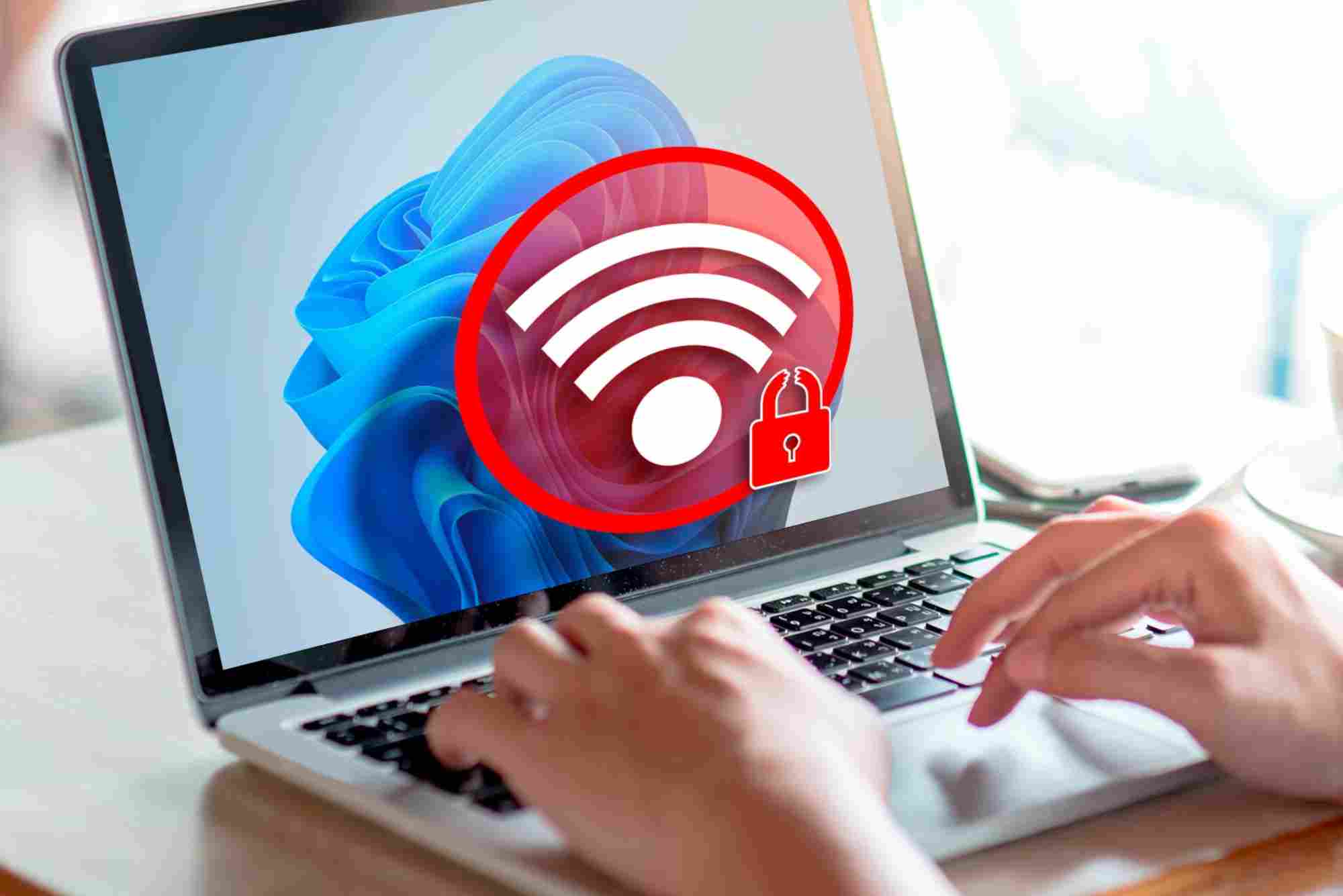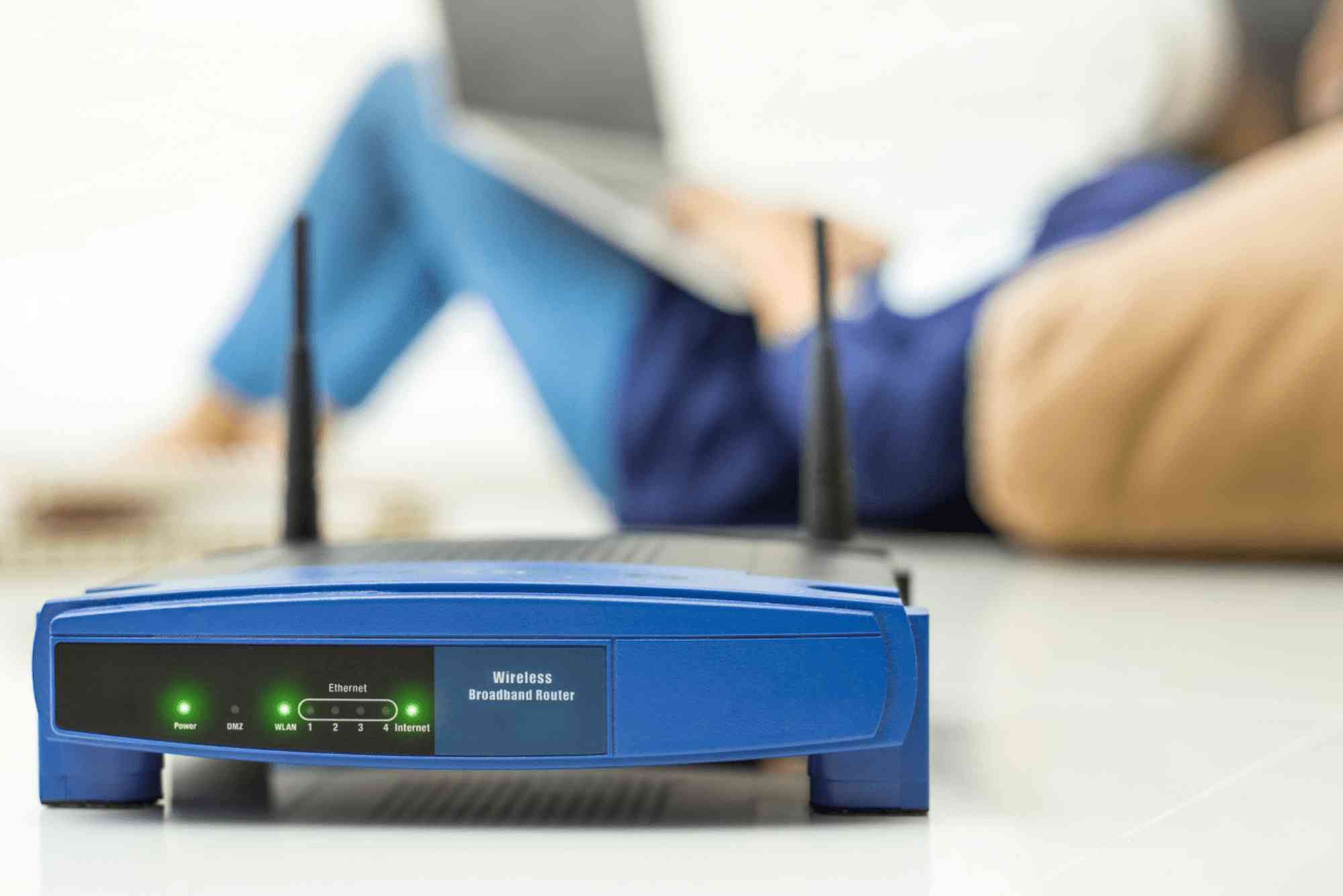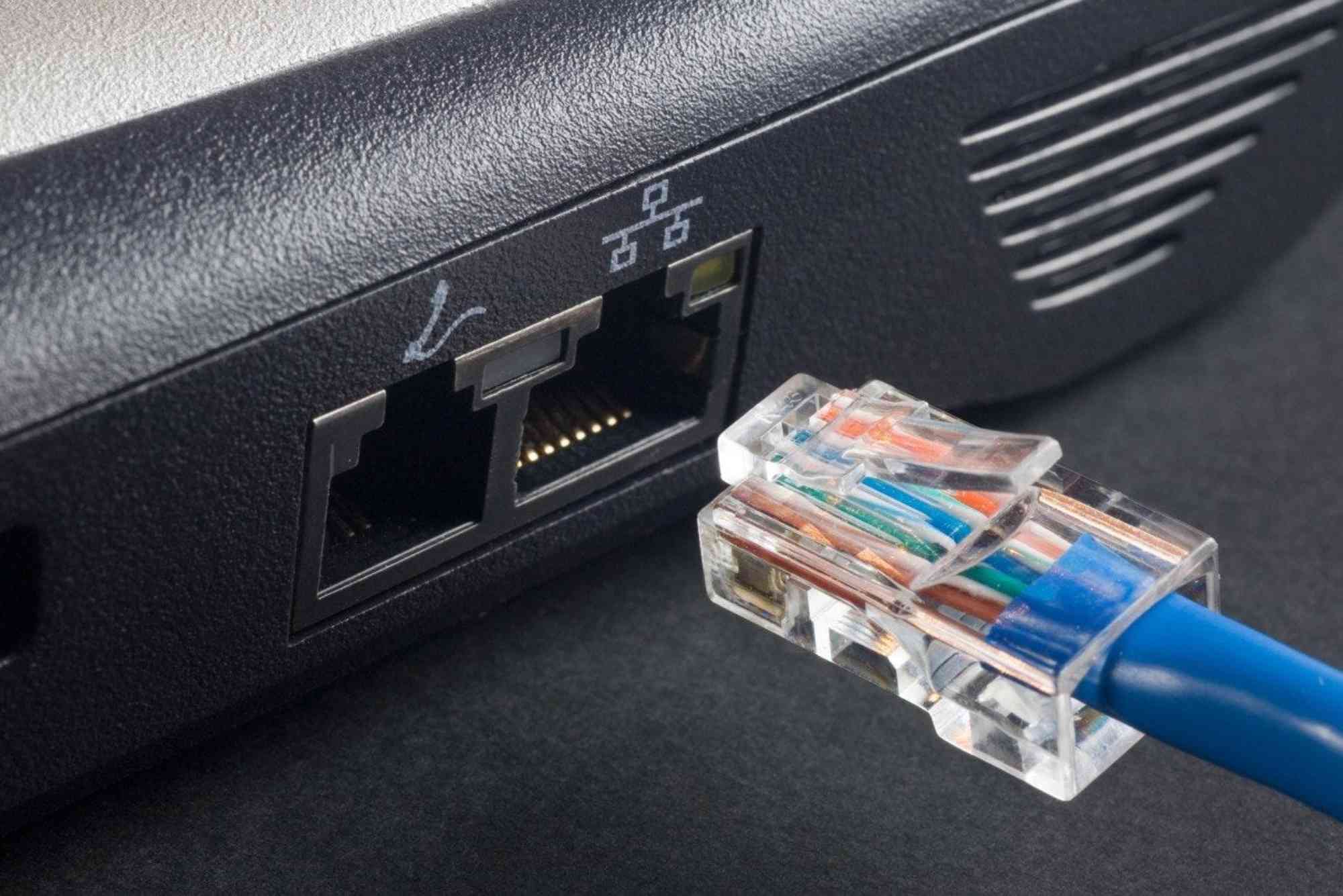In today’s hyper-connected world, internet privacy tips for families are no longer optional—they’re essential. From smart TVs to smartphones, families are constantly sharing data online, often without realizing how exposed they are. Children especially are vulnerable to cyber threats, scams, and data misuse. By understanding and applying practical strategies, parents can ensure safer digital experiences for everyone at home.
This guide offers actionable insights, focusing on how families can protect their online information. Whether it’s managing passwords, teaching kids about privacy, or setting up secure networks, these tips help you build a safer digital environment.
Why Internet Privacy Matters for Families
When one family member’s data is compromised, everyone may be affected. A child’s online gaming account, for example, can expose payment details or personal information. Parents’ work devices may also carry sensitive data. Without strong privacy measures, the entire household can become a target for cybercriminals.
Good privacy practices go beyond installing antivirus software. They include digital habits, tools, and conversations that raise awareness and encourage safe behavior.
Building a Foundation for Online Safety
Teach Your Family About Digital Footprints
Every post, like, or comment leaves a digital footprint. Children often underestimate how long their online actions stay visible. Encourage them to share only what they’re comfortable with strangers seeing. This mindset helps prevent oversharing sensitive details like addresses, phone numbers, or school names.
Create Strong, Unique Passwords
Passwords are your first line of defense. Families should avoid using the same password across multiple accounts. Consider using a trusted password manager to generate and store complex credentials securely. This approach minimizes the risk of hackers gaining access to multiple platforms.
Enable Two-Factor Authentication (2FA)
Two-factor authentication adds a critical extra layer of security. Even if someone steals a password, they’ll need the secondary code sent to your phone or email. Make it a family rule to enable 2FA wherever possible.
Securing Your Home Network
Protect Your Wi-Fi with a Strong Password
Your home Wi-Fi is the gateway to your family’s online life. Use a complex password that combines letters, numbers, and symbols. Regularly update your router’s firmware to patch vulnerabilities.
Set Up a Guest Network
Separating guest devices from your main network reduces risks. This simple step can prevent outsiders from accessing your personal files or connected smart devices.
Use a VPN for Extra Privacy
A Virtual Private Network (VPN) encrypts your internet connection. It hides your family’s online activities from prying eyes such as internet service providers or potential hackers on public Wi-Fi.
Teaching Children Responsible Online Behavior
Discuss Privacy in Simple Terms
Children may not understand the risks of oversharing online. Explain privacy concepts in age-appropriate language, using real-world examples they can relate to, such as sharing too much at school.
Set Screen Time and App Permissions
Limit app permissions to only what’s necessary. Check privacy settings on social media and gaming platforms to ensure your children’s profiles are as private as possible.
Encourage Open Communication
If kids encounter something suspicious online, they should feel comfortable telling a parent. Create a non-judgmental environment so they report scams, bullying, or inappropriate requests right away.
Managing Devices and Apps
Keep Software Updated
Outdated software often contains security flaws. Enable automatic updates for operating systems, browsers, and apps on all family devices.
Review App Privacy Policies
Many apps collect data unnecessarily. Take time to review privacy policies before downloading new apps, and disable tracking features where possible.
Limit Location Sharing
Location sharing can expose your family’s movements. Turn off GPS access in apps that don’t need it, especially on children’s devices.
Staying Private on Social Media
Adjust Privacy Settings Regularly
Social platforms frequently change their privacy controls. Periodically review these settings to ensure your family’s content stays visible only to trusted people.
Be Cautious with Photos and Videos
Photos often contain metadata revealing location or device information. Remove this data before posting or disable geotagging features entirely.
Data Protection Beyond the Home
Families also use public Wi-Fi in cafés, airports, and hotels. Public networks can be unsafe. Encourage your family to avoid online banking or sharing sensitive information on open networks without a VPN.
If your family shops online frequently, stick to reputable retailers and look for secure websites with “https” in the URL.
Internal Link Resource
For more support on secure connectivity, explore Dhanote Internet Services. Their services can help ensure your family’s internet connection remains fast and protected.
FAQ – Internet Privacy Tips for Families
How can I teach my kids about online privacy?
Start with simple rules: don’t share full names, addresses, or passwords. Explain why this matters and supervise their accounts.
What’s the best way to secure my home Wi-Fi?
Use a strong password, change default router credentials, and keep firmware updated. Add a guest network to separate visitors from your main devices.
Do families really need a VPN?
Yes, a VPN adds a layer of encryption, especially important when your family uses public Wi-Fi or shops online.
How often should we update passwords?
Experts recommend updating critical passwords every 3–6 months. Use a password manager to simplify the process.
Is social media safe for kids?
Social media can be safe if parents supervise accounts, adjust privacy settings, and teach children about responsible sharing.
Take Charge of Your Family’s Internet Privacy
Internet privacy tips for families are vital to protecting loved ones in the digital age. From securing networks to teaching children about online behavior, small steps add up to significant safety. By implementing these strategies, you’ll help your household navigate the web confidently and securely.
Take action today—review your family’s privacy settings, enable stronger security measures, and explore services like Dhanote Internet Services to enhance your online protection. Your family’s digital safety starts with informed choices and proactive habits.







